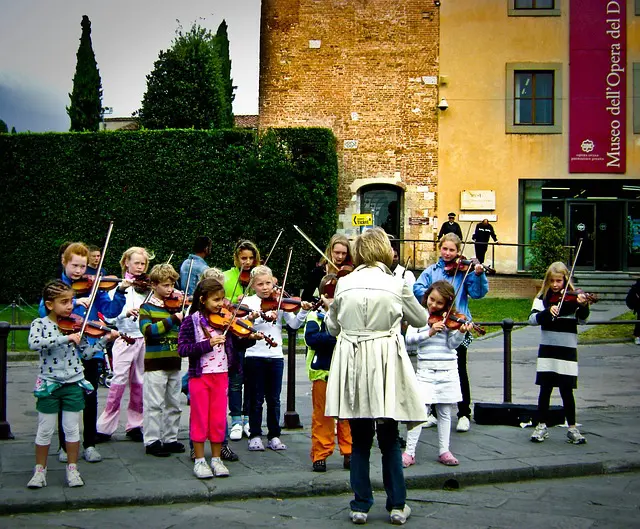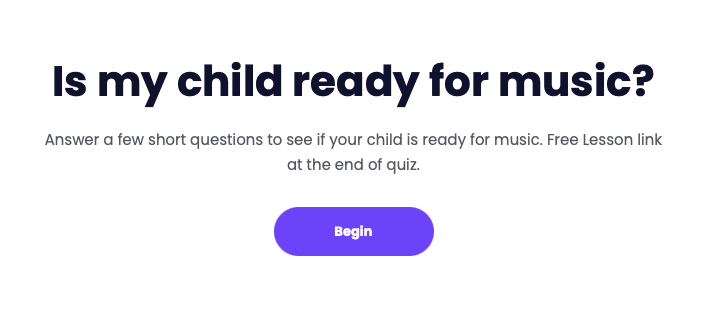 Benefits of Early Music Education for Students
Benefits of Early Music Education for Students
Human culture and society are not complete without music. It is a method of communication that goes beyond language and has existed among humans for a very long time. A child’s overall development must include early music education. In addition to teaching you how to play an instrument or sing, it has many other advantages. This blog post will go over the benefits of early music education and the significance of exposing kids to music from a young age.
Early music education advantages:
- Early music education has a positive effect on cognitive development, which is one of its most important advantages. Many studies have demonstrated how music instruction can enhance a child’s language, memory, and attention span. A child’s capacity to concentrate on activities and remember information can be enhanced by the intense attention required to learn music. Children who take music lessons also typically have higher language abilities, which can help them do well in school.
- Emotional growth: Music has the ability to arouse emotions and establish lasting connections with listeners. Children who receive early music instruction might grow emotionally intelligent and find new methods to express themselves. Children who study music typically exhibit improved emotional regulation and improved emotional communication.
- Social development: Studying music is sometimes a cooperative activity that calls for teamwork. Youngsters that take part in music instruction are more prone to grow in their social abilities and create close relationships with their peers. Children who listen to music might also learn empathy and an appreciation for various cultures and viewpoints.
- Physical development: Developing fine motor skills and physical coordination are essential components of learning an instrument. Children’s motor abilities and hand-eye coordination can be improved by early music education. A child’s respiration and posture can also be helped by singing.
- Academic Success: Many studies have revealed that kids who take part in music education typically outperform their peers in the classroom. The dedication and practice needed to learn music can be applied to other aspects of a child’s life. Also, a child’s capacity for original thought and problem-solving can be enhanced by music education.
Why Music Instruction in Childhood Is Crucial
- Although there are many benefits to early music education, why is it so crucial to begin at a young age? Children need to be exposed to music from an early age for a number of reasons:
- Brain Development: A child’s early years are crucial for their brain development. A child’s cognitive and emotional development can be significantly impacted by exposure to music throughout this period. Children who begin learning music at an early age are also more likely to continue their musical studies in adulthood.
- Musical aptitude: Youngsters naturally have a talent for studying music, and as they age, this talent tends to wane. Children’s musical potential and ability can grow when music instruction is introduced to them early.
- Advantages for Life: The advantages of music instruction extend well beyond childhood. Lifelong advantages of learning music include enhanced emotional stability and cognitive function.
Conclusion:
The development of young children’s cognitive, emotional, social, physical, and intellectual skills is greatly aided by early music education. A child’s potential and lifelong musical ability can be greatly impacted by beginning music education at an early age. Also, learning music can aid kids in acquiring critical life skills like self-control, cooperation, and creativity. When preparing for a child’s education and development, parents and teachers should take the advantages of early music education into account. It’s never too early to start introducing kids to music and all its advantages.
Image by Angel Chavez





